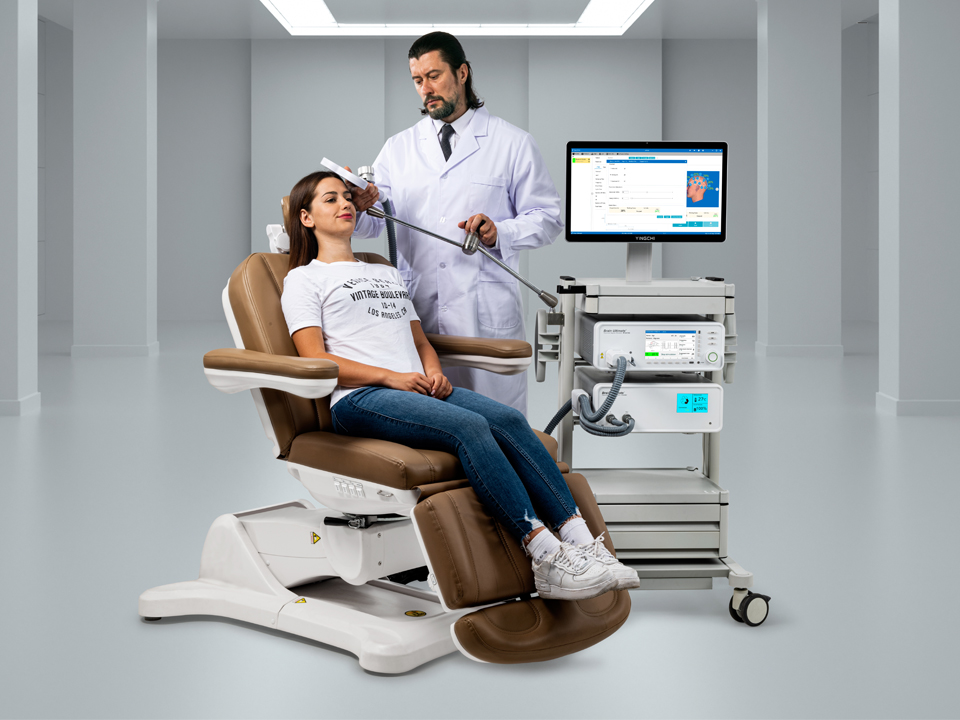Services at PNW Health & Healing
Musical Therapy
Musical therapy utilizes the power of music to address emotional, cognitive, and social needs. Through individual and group sessions, we incorporate techniques such as improvisation, listening, and songwriting to promote healing and personal growth.
Transcranial Magnetic Stimulation (TMS)
TMS is a non-invasive procedure that uses magnetic fields to stimulate nerve cells in the brain. It is primarily used to treat depression and other neurological conditions that have not responded to traditional treatments. TMS is an effective option for those seeking alternative or supplementary treatments to medication.
Group Therapy
Group therapy offers a supportive environment where individuals can share experiences and learn from each other under the guidance of a trained therapist. Our group therapy sessions cover a variety of topics and issues, providing peer support and collective healing.
Psychotherapy
Our psychotherapy services offer individualized treatment to help you manage and overcome various mental health challenges. Our licensed therapists use a range of techniques tailored to your specific needs to foster personal growth and emotional well-being.
Child Psychotherapy
Child psychotherapy is designed to address the unique mental health needs of children and adolescents. Our child therapists provide a safe and supportive environment for young clients to express their feelings and work through emotional and behavioral issues.
Domestic Violence Treatment
Our domestic violence treatment program provides comprehensive support for individuals affected by domestic violence. Services include emergency support, counseling and therapy, and legal assistance. We are committed to helping you achieve safety, stability, and healing.
Telehealth
Our telehealth services offer convenient, remote access to our healthcare professionals. Through secure video conferencing, you can receive therapy, consultations, and follow-up care from the comfort of your own home.




